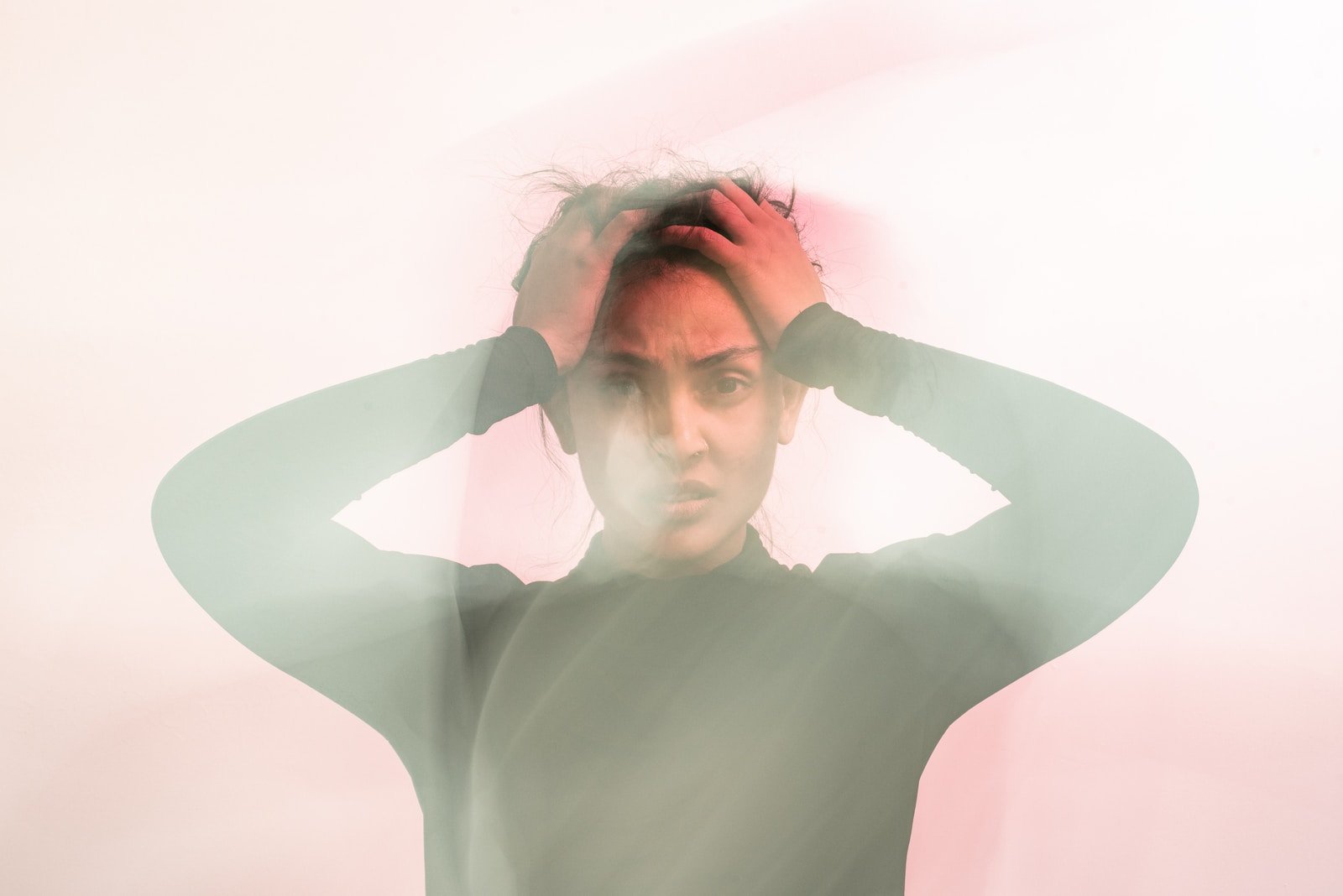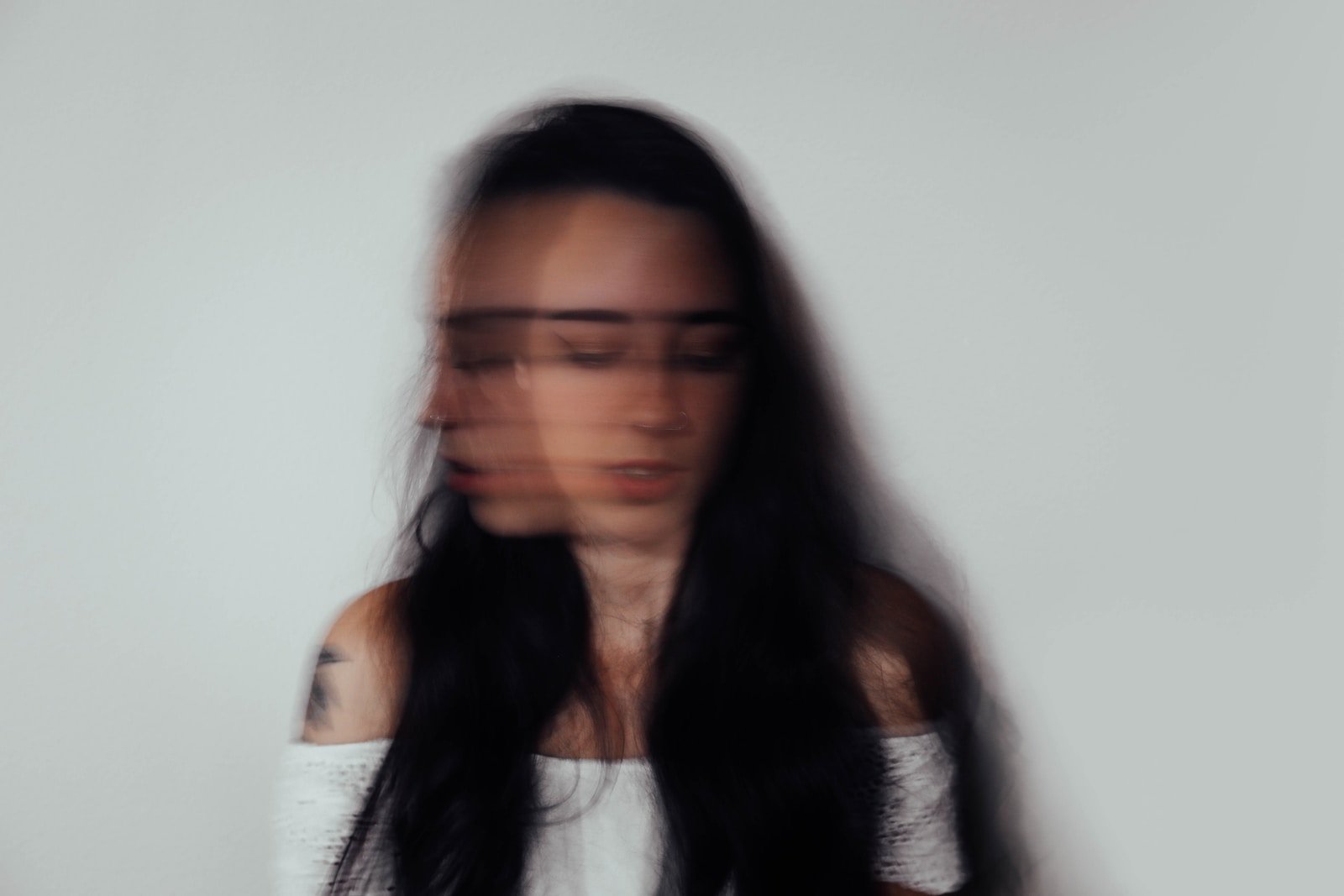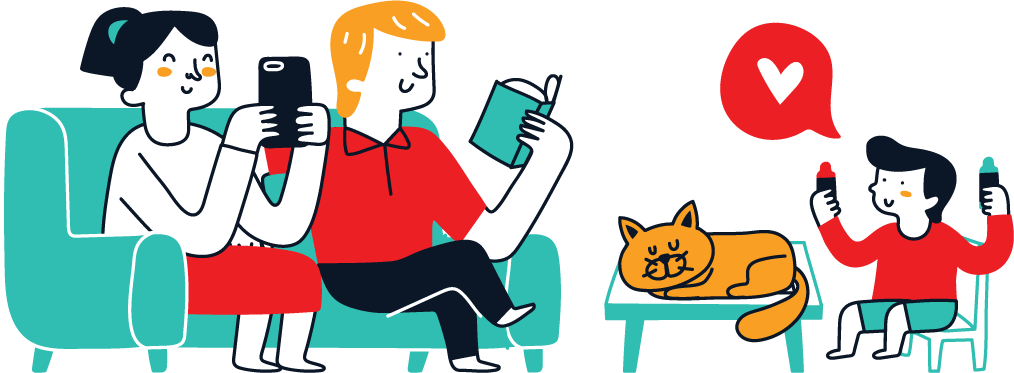


Adults ADHD and anxiety, Are they linked?
Attention Deficit Hyperactivity Disorder (ADHD) and anxiety disorders frequently co-occur in the same individual. Individuals with ADHD often have other mental health conditions, and around half of them may have an anxiety disorder. One thing common in both anxiety disorder and ADHD is the lack of concentration and relaxation.
The connection between ADHD and Anxiety.
ADHD usually begins during childhood and can continue till adulthood, while an anxiety disorder most commonly occurs in adulthood. Anxiety disorder is not only about feeling anxious, but it is a severe and long-lasting medical condition that can make you feel distressed, uneasy, and terrified in regular situations. An adult with ADHD leads a very anxious life, as the nature of ADHD makes everyday life stressful, uncertain, and frightened. So, ADHD cannot be discussed without bringing up anxiety, as they directly relate to little bouts of anxiety or a full-fledged anxiety disorder. Either way, they are so much linked that anxiety disorder is the most common comorbid diagnosis alongside ADHD. An ADHD individual who misses a deadline or forgets to work on an important task becomes stressed, worried, and fearful. When experienced for a longer interval of time, these situations lead to an anxiety disorder.
What is an anxiety disorder, exactly?
Anxiety is a long-lasting condition of anxiousness, fright, and uneasiness. These symptoms may affect your ability to work, study, and do daily things efficiently. Although occasional anxiety is normal and is a normal response to critical situations, which makes your response better, in anxiety disorder, these anxious feelings become permanent even at rest. These feelings interfere with daily life, and you may face difficulty controlling your fears and anxiousness. The major types of anxiety disorder are generalized anxiety (GAD), major anxiety disorder, panic disorder, social anxiety disorder, obsessive-compulsive disorder (OCD), and depression.
What are the signs and symptoms of ADHD and Anxiety Disorder?
Many of the symptoms of ADHD and Anxiety are similar and occur in the same individual. In anxiety along with ADHD, your symptoms of ADHD worsen, such as feeling restless or having trouble concentrating. Besides, you may also experience symptoms of,
- Constant worry and uneasiness
- Fidgeting
- Inattentiveness and lack of focus
- Feeling on edge
- Stress
- Difficulty socializing
- Fatigue
- Trouble sleeping
How to differentiate?
Many things are common in ADHD and anxiety, but it is important to differentiate them. Anxiety is mainly a disorder of anxiousness, nervousness, worry, and fear, while ADHD is primarily characterized by a lack of attention and concentration. Individuals with an anxiety disorder may also exhibit compulsive or perfectionist behaviors, not typically seen in those with ADHD. Lack of concentration and focus is occasional in those with an anxiety disorder, but it is a permanent thing in those with ADHD, and they experience it most of the time. These symptoms can also be identified by friends and family, but the healthcare provider must undertake a complete evaluation to reach a diagnosis.
Treatment of ADHD & Anxiety:
The treatment plan aims to treat both ADHD and anxiety disorder and varies based on the individual and the situation. Anxiety disorder can complicate ADHD treatment, as it may make people afraid to try out new things. Sometimes, both the conditions need to be treated simultaneously, while on other times, one of the conditions need to be dealt on priority basis. This is helpful, if ADHD is the cause of anxiety, or treating ADHD may can benefit with anxiety.
Medication:
ADHD treatment most commonly comprises of prescription medications, such as anti-psychotics, anti-depression, benzodiazepines, and relaxants. If any of these medications is causing any symptoms or worsen the anxiety symptoms, the medication must be replaced with an appropriate one.
Therapy and relaxation techniques:
The anxiety related to ADHD may be better managed with:
- Cognitive-behavioral therapy (CBT): CBD helps people alter their thinking pattern to better manage their behavior and anxiety symptoms. It is widey used for anxiety disorders and has also been shown beneficial in ADHD individuals.
- Relaxation techniques: Meditation, yoga, praying, progressive muscle relaxation, visualization, and deep breathing exercises, all play a positive part in treating stress and anxiety.
Lifestyle Changes:
Sleep is essential for better functioning, and you should aim to go to bed and wake up at the same time every day. Fatigue can worsen the feelings of anxiety, so make sure to get 7 to 8 hours of quality sleep each day. Regular exercise is also helpful in relieving anxiety in several ways. Heathy and balanced diet and staying hydrated also makes you less anxious and keeps your symptoms of ADHD under control.
Adult ADHD (Attention Deficit Hyperactive Disorder) | Anxiety and Depression Association of America, ADAA
ADHD and Anxiety: Understanding the Link and How To Treat (webmd.com)
Relationship Between ADHD and Anxiety (healthline.com)
ADHD and anxiety: What’s the connection? (medicalnewstoday.com)
ADHD and Anxiety: Understanding the Link & How to Cope (additudemag.com)



